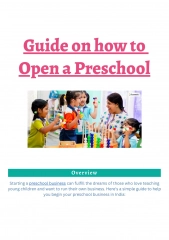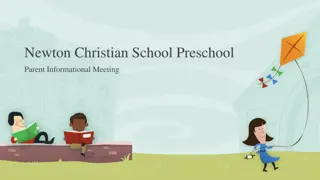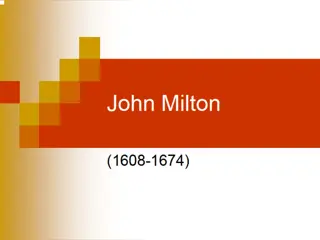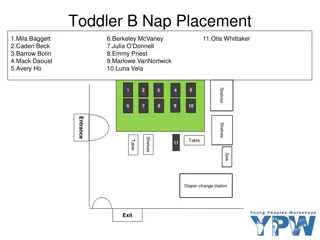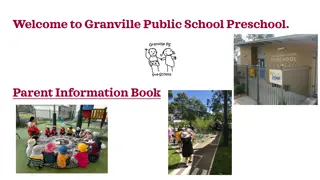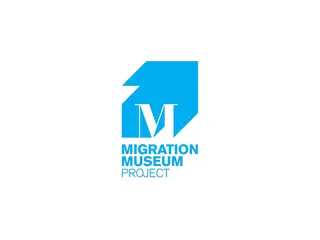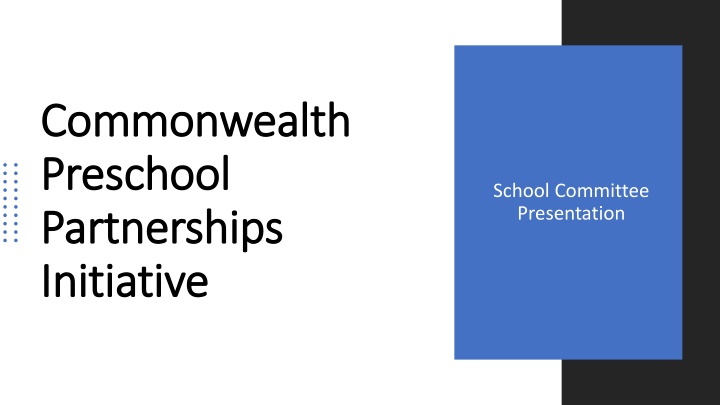
Preschool Partnership Initiative: Increasing Access and Support
"Discover the Commonwealth Preschool Partnership Initiative (CPPI) funded by the Massachusetts EEC to expand local access for 3- and 4-year-olds. Learn about the leadership team, priority strands, top priorities, and data gathering methods to support children with disabilities and diverse families."
Download Presentation

Please find below an Image/Link to download the presentation.
The content on the website is provided AS IS for your information and personal use only. It may not be sold, licensed, or shared on other websites without obtaining consent from the author. If you encounter any issues during the download, it is possible that the publisher has removed the file from their server.
You are allowed to download the files provided on this website for personal or commercial use, subject to the condition that they are used lawfully. All files are the property of their respective owners.
The content on the website is provided AS IS for your information and personal use only. It may not be sold, licensed, or shared on other websites without obtaining consent from the author.
E N D
Presentation Transcript
Commonwealth Commonwealth Preschool Preschool Partnerships Partnerships Initiative Initiative School Committee Presentation
Funded by the Massachusetts Department of Early Education and Care (EEC) Explore ways to expand local access for 3- and 4- year-olds What is the Commonwealth Preschool Partnership Initiative (CPPI)? Increase access to meet the diverse needs of families and to support children with disabilities Study impact expansion will have on infant and toddler services
Why a Leadership Why a Leadership Team? Team? The CPPI work relies on a diverse and connected group of leaders and decision makers The Leadership Team provides grounding to the strategic plan
Needs Assessment Priority Strands Strand 1: Expand Access to Strand 1: Expand Access to Preschool Preschool Strand 2: Building Locally Aligned Strand 2: Building Locally Aligned Quality Quality Strand 3: Equitable Access to SPED Strand 3: Equitable Access to SPED and Inclusion and Inclusion EC Services
Top Priorities Across Strands Top Priorities Across Strands Children and Families I: Expansion and Access to Quality Preschool II: Building Locally Aligned Quality III: Equitable Access to SPED and Inclusion Demographics and local composition of families Quality Curriculum and Assessment Supporting Diverse Learners Transitions and Referrals Demographics and local composition of families Supporting Diverse Learners Supply and Capacity Cost of Care Local Supports SPED Needs Screening Screening
Needs Assessment Needs Assessment Data Gathering Data Gathering Methods Methods Existing Data Sources Family Surveys Program Surveys Interviews and Focus Groups This Photo by Unknown Author is licensed under CC BY
Increases understanding needs of families, programs and children with disabilities Why is this Why is this work work important? important? Supports strategic implementation plan development Provides the basis for future funding
Future Funding Future Funding 6.0 million dollars 6.0 million dollars Decision Making Criteria 12 Eligible Communities 12 Eligible Communities including Milton including Milton Quality of the Grant Proposal Funding Scenarios $500,000 per community $500,000 per community Number of Priority Strands Addressed Less $$ depending on number of priority Less $$ depending on number of priority strands addressed strands addressed More $$ targeted for Gateway Cities (3 of More $$ targeted for Gateway Cities (3 of the 12 cities and towns) the 12 cities and towns) Size of the Community Other?
Reflection Some ideas that square with my Some ideas that square with my thinking thinking A thought going around in A thought going around in my head my head Three points I would like to remember Three points I would like to remember www.earlychildhoodassociatesinc. 9


